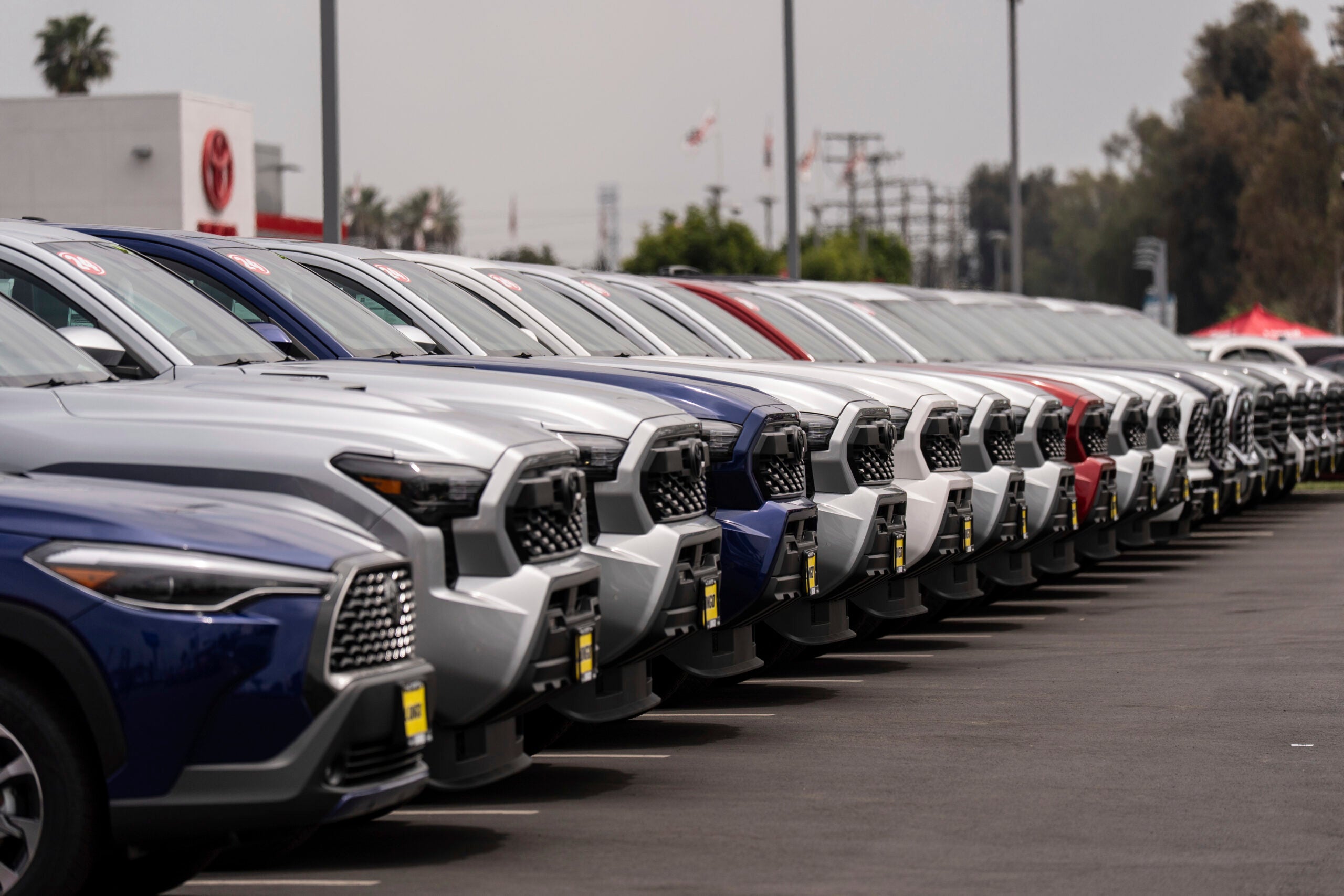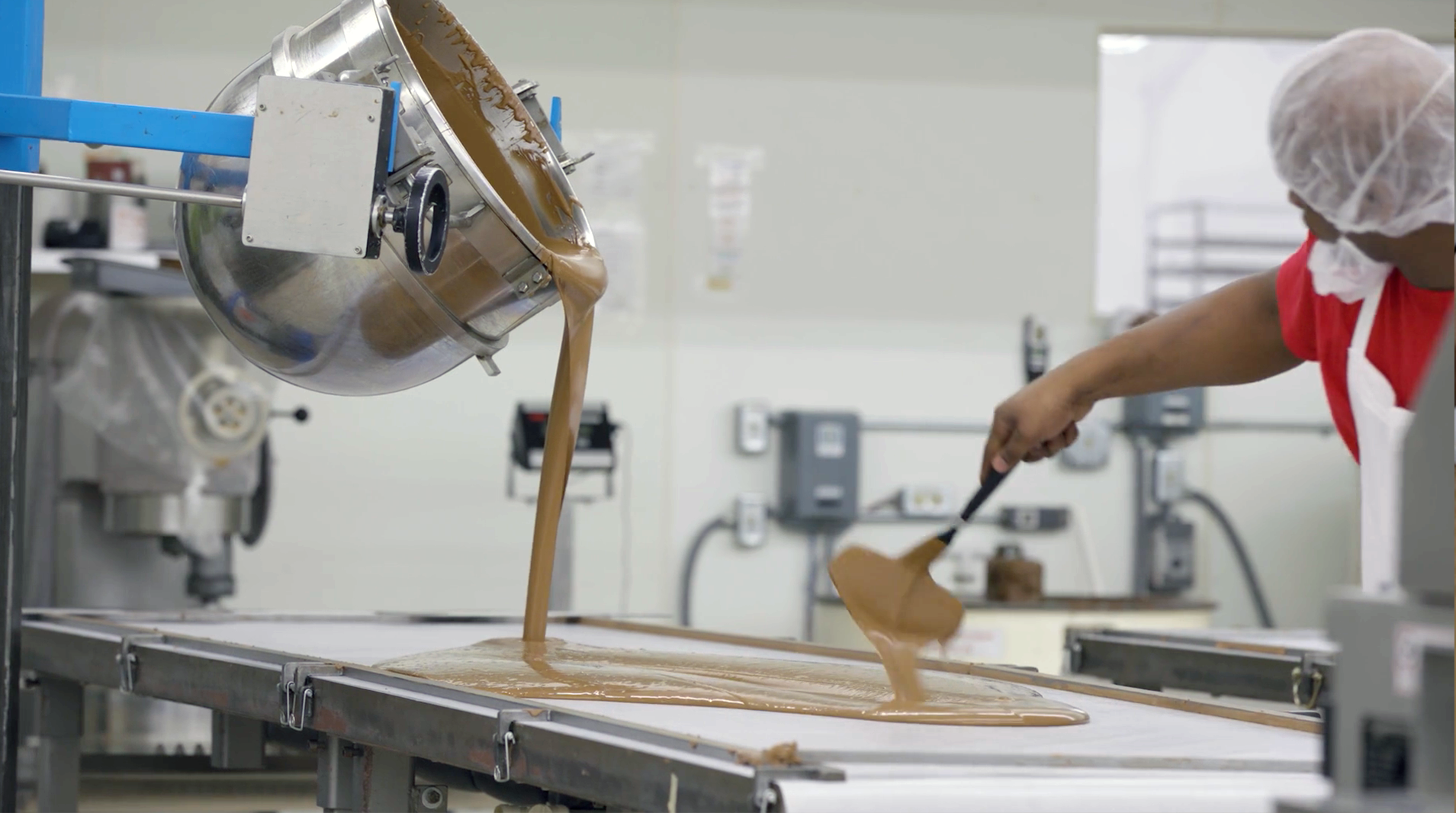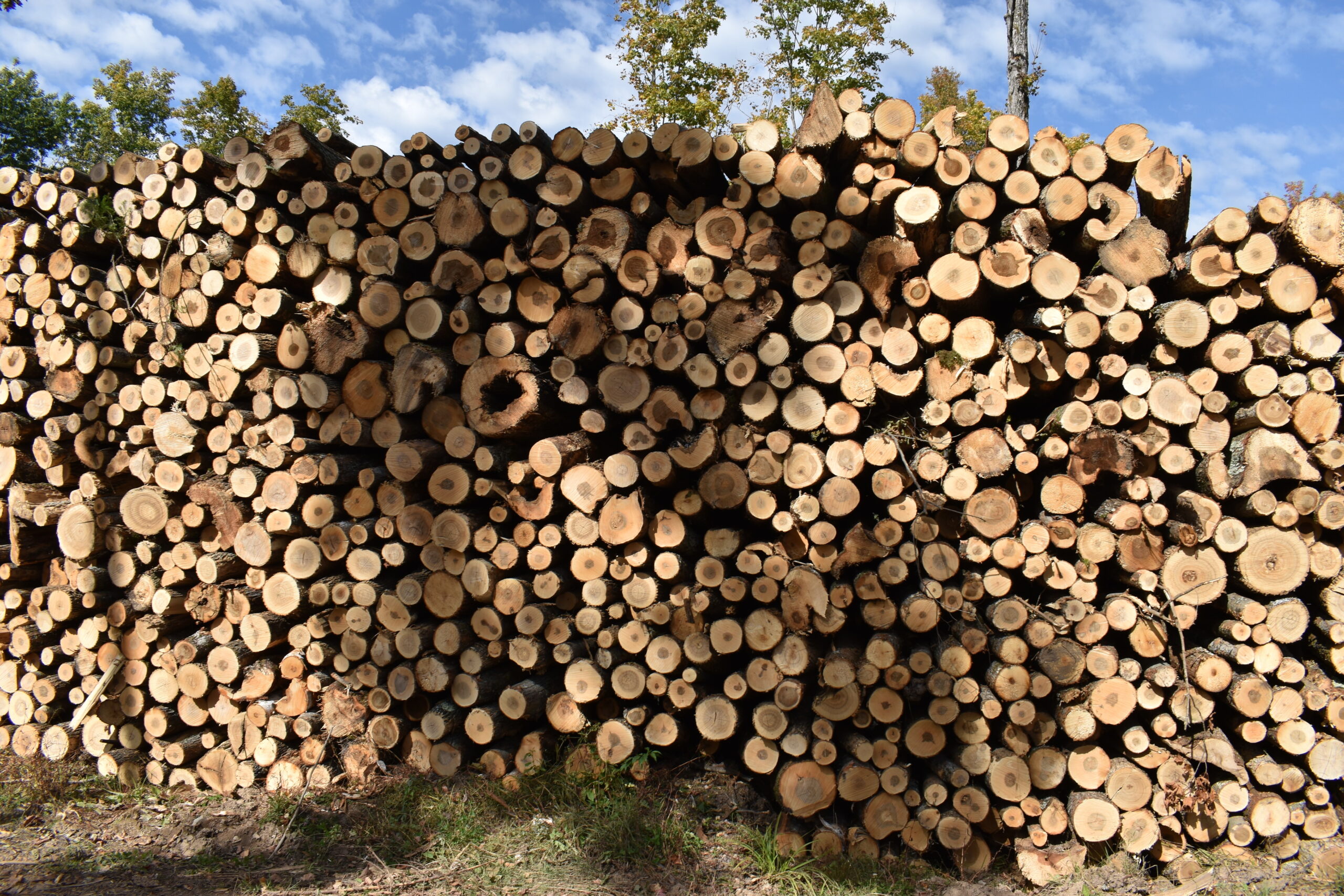As with all industries that import or export across U.S. borders, car dealerships are figuring out how to manage the changing landscape of trade tariffs imposed by the Trump administration.
But while nobody knows how the actual details of the tariffs will play out, they aren’t necessarily a total surprise — at least, not to Schoepp Motors in south central Wisconsin.
Craig Blevins, General Sales Manager of Schoepp Motors, told “Wisconsin Today” that they “saw this coming.”
News with a little more humanity
WPR’s “Wisconsin Today” newsletter keeps you connected to the state you love without feeling overwhelmed. No paywall. No agenda. No corporate filter.
“In January and February, in anticipation of these tariffs, we went out and we acquired a lot of very nice vehicles [at] pre-tariff pricing. So we’re sitting in a very good position right now with inventories for both cars and trucks.”
Blevins expects new cars affected by tariffs to increase in price between $5,000 and $10,000 — an increase he thinks manufacturers can’t absorb and will pass to consumers. As an independent used car dealership, Blevins said Schoepp Motors is trying to avoid doing the same.
“We’re not a community service. We’re entitled to make a profit, but we don’t want to go out and pay $5,000 or $10,000 more for a vehicle just to have it if it’s been affected by tariff pricing. We can avoid those vehicles with strategic buys.”
Right now, Blevins said, Schoepp Motors is preparing for their two-day annual Memorial Day Sale. Blevins expects to sell approximately 100 vehicles during the sale, which would leave Schoepp Motors with a car supply between 60 and 90 days.
After those are sold, Blevins said they’ll replenish their inventory from sellers they have long business relationships with. “We’ve been in business since 1979 and we’ve established some very good wholesale connections. When we acquire vehicles, we’ll [also] do so through trade-ins, which the tariffs won’t affect at all.”
According to Blevins, customer traffic is high at Schoepp Motors right now. But when it comes to buying a car, new or used, Blevins cautions people to only buy a car if they need or want one — not just because they spy what could be a good deal.
“Yes, the tariffs are going to increase the cost. It’s going to have a trickle-down effect, and it’s going to have a ripple effect throughout the industry,” Blevins said. “If your needs require you to get a vehicle, or you want a new car and it was there before tariffs, [now is] a great time because you will save money.”
“Get an automobile if your needs change … if your current vehicle is costing more money than it’s worth. But don’t go out and buy a car just because you think the tariffs are going to raise the price on vehicles,” Blevins said.






